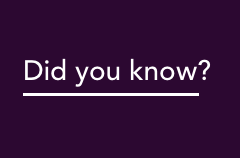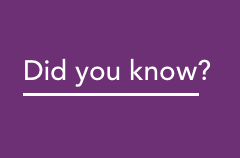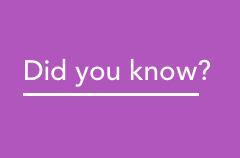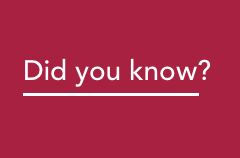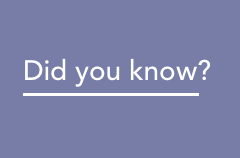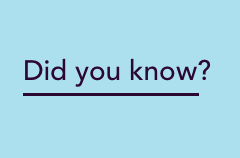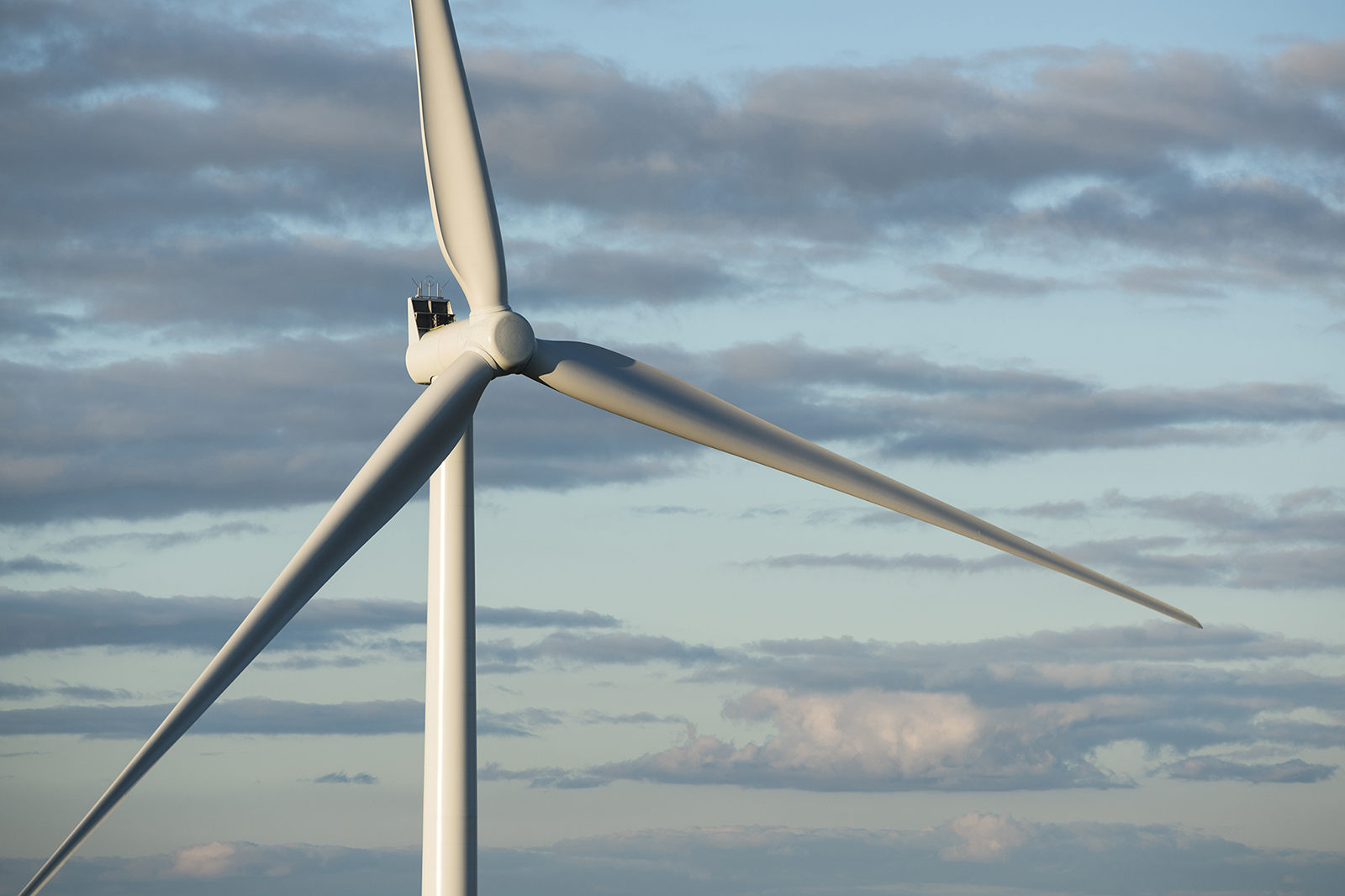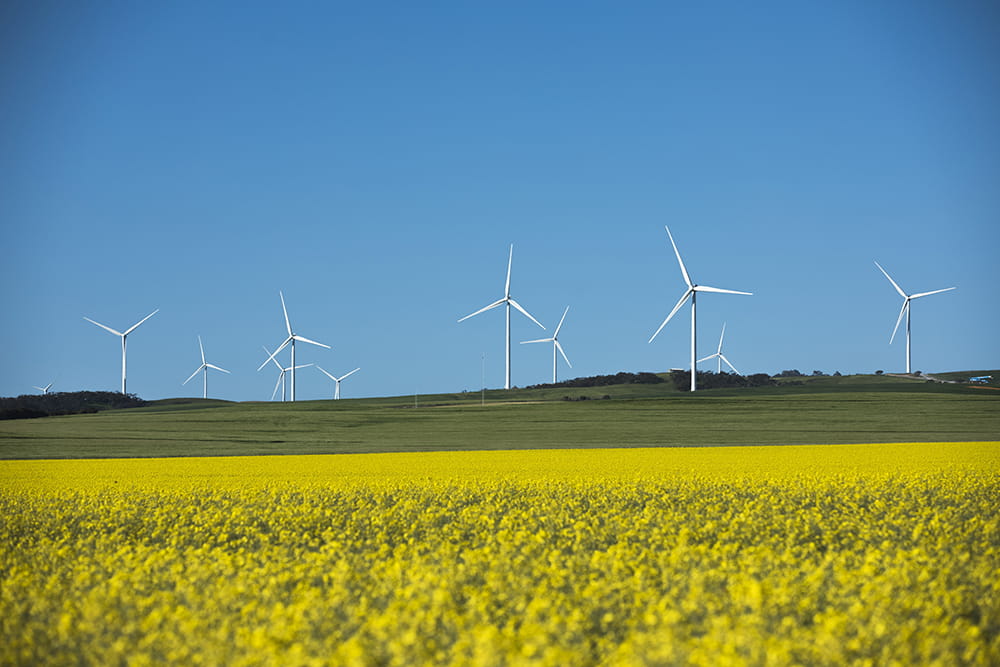Find out how we’re pushing the boundaries of new technologies, to ensure that our energy system remains secure.
As the Australian Energy Market Operator, we’re constantly looking for new ways to provide better energy security for all Australians, which includes delicately balancing supply-demand levels, and maintaining frequency and voltage.
This is why we recently held an Australian-first trial with the Australian Renewable Energy Agency, NEOEN, and Siemens-Gamesa Australia, to see if a specific type of wind farms could provide essential power system stability services to our market.
Like your home radio, our power system needs to remain finely tuned in order to function properly, and as Frequency Control Ancillary Services (FCAS) is what AEMO uses to make sure our frequency levels remain within a range that keeps all the electricity generation and transmission equipment safe and secure. These services have traditionally been provided by thermal generators like coal and gas power plants.
Providing these services can be a costly experience, and with an increasing amount of wind and solar farms coming online, there is an opportunity for these new participants to compete in these existing markets and push the overall energy cost down for end-consumers.
The project’s objectives were to model, implement and test the capability of Hornsdale Wind Farm 2 to be remotely controlled by AEMO for FCAS, and to determine the types of FCAS the wind farm can provide (there are eight markets!).
“The success of this project will benefit the power system by increasing the overall availability of FCAS service providers, which will put a downward pressure on prices,” said Jo Witters, Executive General Manager of Strategy and Innovation at AEMO.
“This trial is an essential step towards a more efficient and competitive FCAS market, with service provision across a range of resource types, ultimately benefiting consumers,” said Jo.
So what were the results?
Running from 19 December 2017 to 1 February 2018, the in-market trial provided an array of insights to AEMO and its project partners around technical specifications and impacts on prices.
The use of the Hornsdale Wind Farm (and the Hornsdale Power Reserve, better known as the world’s largest battery) in FCAS managed to successfully lower prices during an event on 14 January 2018, reducing them down to $248/MWh from the historically observed $9,000/MWh.
This is expected to have reduced the cost of the five-hour local South Australian FCAS requirement by approximately $3.5 million!
The trial has also enabled AEMO to define specifications that need to be met if more wind farms are looking to provide FCAS services, and underpinned the value of accurate forecasting systems for wind and solar.
As a result of the successful trial, the Hornsdale 2 Wind Farm is now registered and offering FCAS in the National Electricity Market (NEM). This is the first time a wind farm has been registered to offer and deliver FCAS services in Australia.
“This is just one of the steps AEMO is taking towards ensuring energy security for Australians, and we’re excited to see how these insights can be used to demonstrate the broad range of capability of new and emerging technologies,” said Jo.
To find out more about our recent trial check out our latest report, here.

